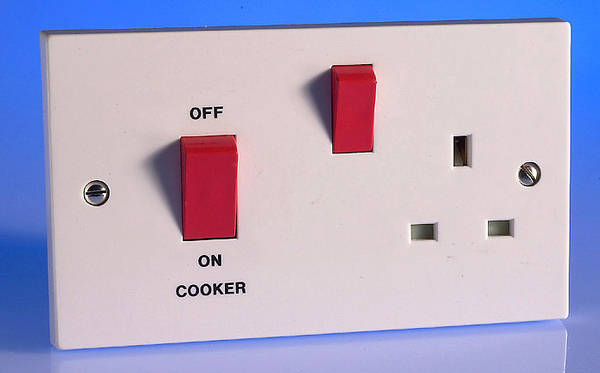I've been having a bit of a discussion with a mate of mine and the topic was replacing an oven on a dedicated circuit that doesn't have RCD protection. (The house is wired on an old 1980s CU.)
He's saying that the circuit now needs to have an RCD put on it before a sparky can replace the oven. I don't agree with this as we're just replacing like for like, same as if we were to replace existing switch's, sockets or light fittings (NOT EXTENDING THE CIRCUIT). If the manufactures instructions demand RCD protection then that's a different matter.
I would of course recommend that the CU gets upgraded and put forward a prices for this work meet current regs regarding cable protection.
So do you guys agree that as the circuit hasn't be changed in any way to replace the appliance your not obliged to upgrade the circuit?
Cheers,
Chris.
He's saying that the circuit now needs to have an RCD put on it before a sparky can replace the oven. I don't agree with this as we're just replacing like for like, same as if we were to replace existing switch's, sockets or light fittings (NOT EXTENDING THE CIRCUIT). If the manufactures instructions demand RCD protection then that's a different matter.
I would of course recommend that the CU gets upgraded and put forward a prices for this work meet current regs regarding cable protection.
So do you guys agree that as the circuit hasn't be changed in any way to replace the appliance your not obliged to upgrade the circuit?
Cheers,
Chris.


